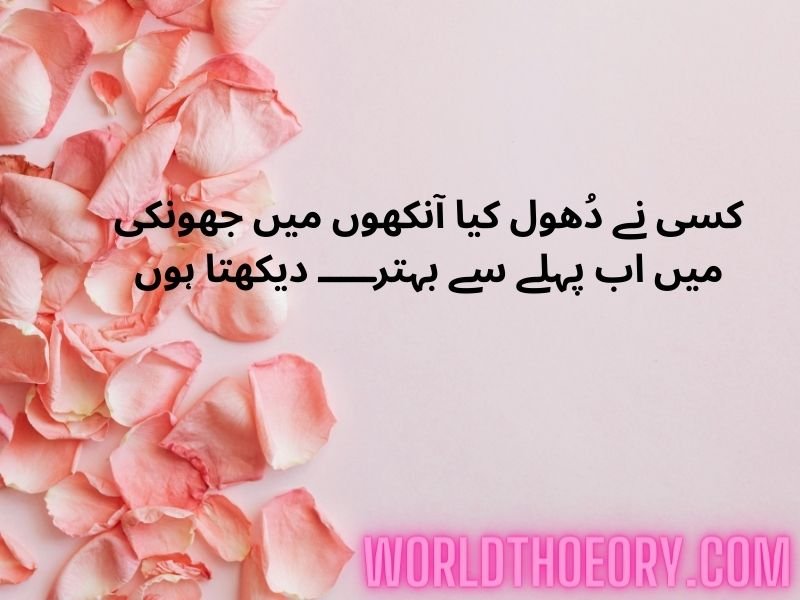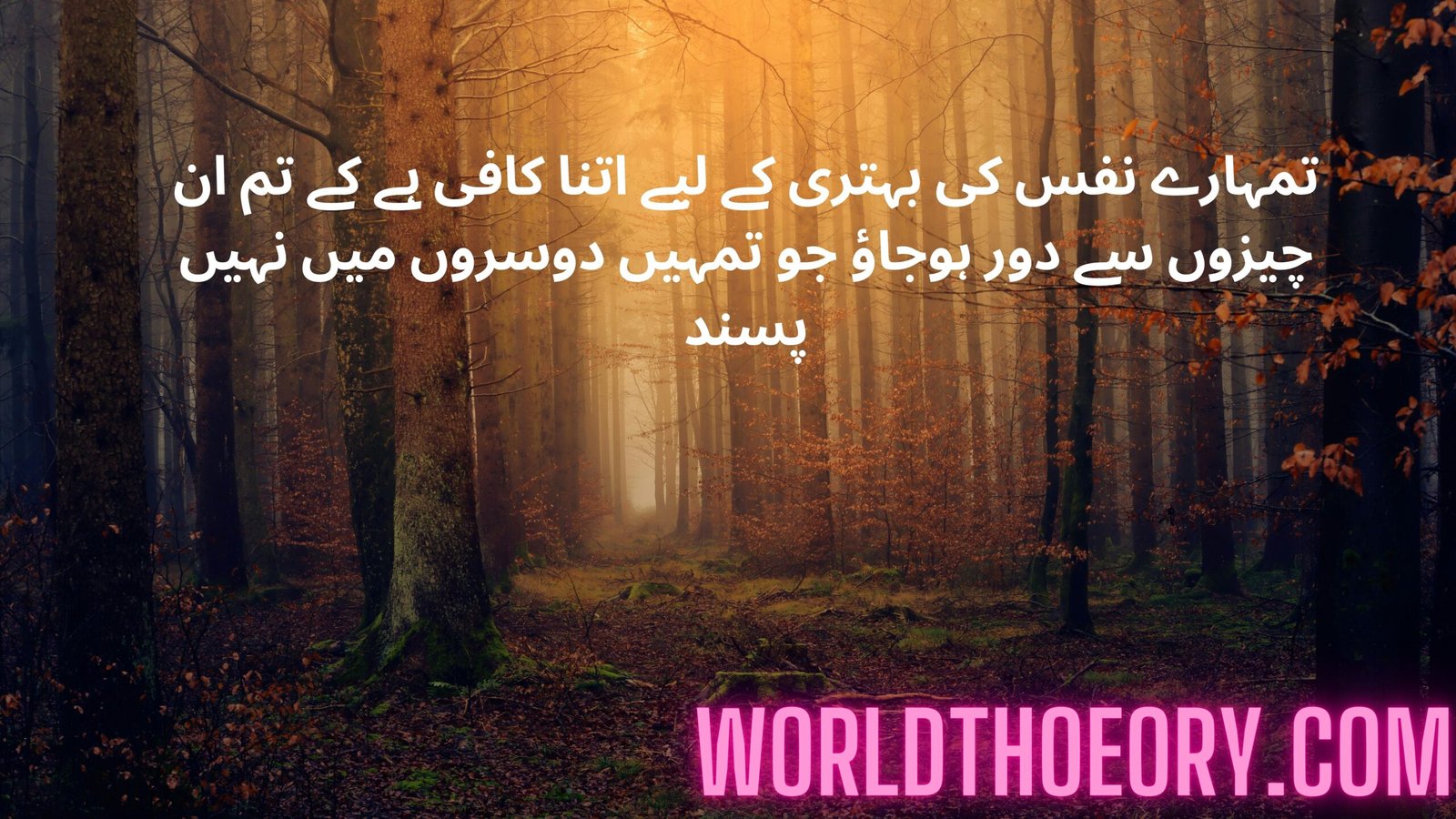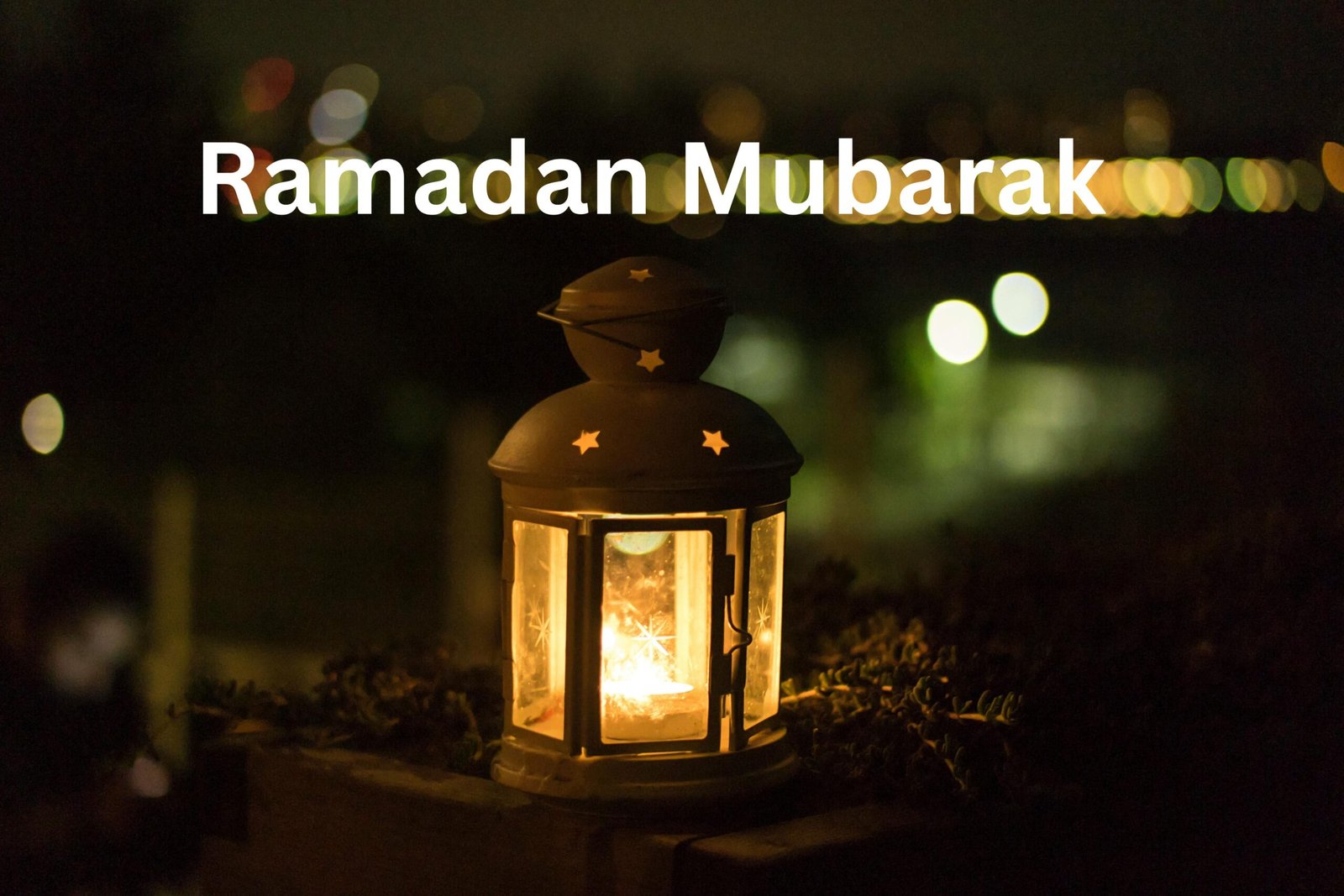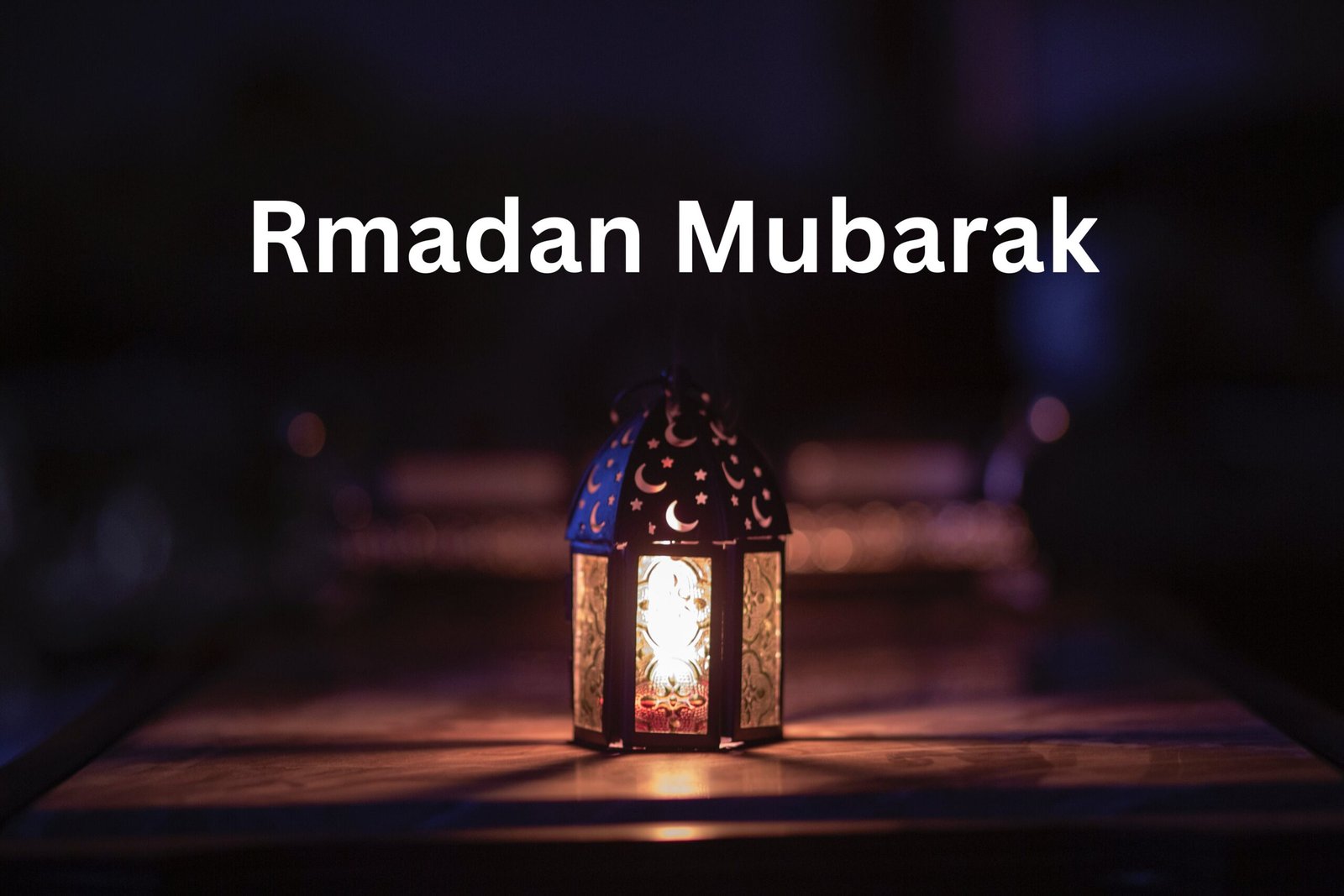
Unveiling the Essence of Ramadan Mubarak: A Comprehensive Guide
Ramadan Mubarak, the sacred month observed by Muslims worldwide, holds profound significance in Islamic tradition. As devout believers eagerly anticipate its arrival each year, it’s crucial to delve into the rich tapestry of customs, rituals, and spiritual practices encapsulated within this auspicious period. In this comprehensive guide, we embark on a journey to explore the essence of Ramadan Mubarak, uncovering its profound meaning and timeless teachings.
## Understanding the Significance
Ramadan Mubarak stands as the ninth month of the Islamic lunar calendar, marked by fasting, prayer, reflection, and community outreach. It commemorates the revelation of the Quran to Prophet Muhammad (peace be upon him) and is regarded as a time of spiritual rejuvenation, self-discipline, and heightened devotion. The observance of fasting from dawn till dusk symbolizes a purification of the soul and a deepened connection with Allah.
## The Fasting Ritual
**Fasting** during Ramadan is obligatory for adult Muslims, with exceptions for individuals facing health concerns, travel, or menstruation. The fast commences at dawn with Suhoor, a pre-dawn meal, and concludes at sunset with Iftar, the breaking of the fast. Beyond abstaining from food and drink, fasting entails refraining from sinful behavior, negative thoughts, and idle gossip, fostering self-control and empathy for the less fortunate.
## Spiritual Reflection and Worship
Central to Ramadan Mubarak is the emphasis on **prayer**, Quranic recitation, and spiritual introspection. Muslims engage in additional prayers, including Taraweeh, performed nightly throughout the month. These extended prayers provide opportunities for deep contemplation, seeking forgiveness, and strengthening one’s connection with Allah. Moreover, the recitation of the Quran is encouraged, with believers striving to complete its reading during Ramadan.
## Acts of Charity and Generosity
Ramadan underscores the importance of **charity** and **compassion** towards those in need. Muslims are encouraged to engage in acts of philanthropy, such as providing food, shelter, and financial assistance to the less fortunate. Zakat, the mandatory almsgiving, is often distributed during this time, ensuring equitable distribution of wealth and fostering solidarity within the community. Additionally, the spirit of Ramadan extends beyond material generosity to include kindness, forgiveness, and reconciliation.
## Strengthening Family and Community Bonds
Ramadan Mubarak serves as a time for strengthening familial ties and fostering communal unity. Families gather for Suhoor and Iftar meals, sharing in moments of prayer, reflection, and camaraderie. Mosques become vibrant hubs of activity, hosting congregational prayers, Quranic recitations, and communal meals known as Iftar parties. These gatherings cultivate a sense of belonging and solidarity, transcending cultural and geographical boundaries.
## The Night of Power: Laylat al-Qadr
Among the most revered nights of Ramadan is Laylat al-Qadr, or the Night of Power, believed to occur within the last ten days of the month. It commemorates the night when the Quranic revelation commenced and is described as “better than a thousand months” in terms of its spiritual significance. Muslims engage in intense prayer, supplication, and Quranic recitation, seeking divine blessings and forgiveness on this auspicious occasion.
## Conclusion: Embracing the Spirit of Ramadan Mubarak
In essence, Ramadan Mubarak encapsulates a profound journey of spiritual growth, self-discipline, and devotion for Muslims worldwide. Beyond the physical act of fasting, it encompasses a holistic approach to spiritual renewal, characterized by prayer, reflection, charity, and communal solidarity. As believers immerse themselves in the sacred rhythms of this blessed month, they are reminded of the timeless values of compassion, generosity, and humility that lie at its hearts.
Embracing Diversity and Inclusivity
Ramadan Mubarak serves as a testament to the diversity and inclusivity within the global Muslim community. Muslims from various cultural backgrounds, ethnicities, and nationalities come together to observe this sacred month, emphasizing the universal values of faith, compassion, and solidarity. Regardless of differences in language or customs, the spirit of Ramadan unites believers in a shared commitment to spiritual growth and communal upliftment.
For More Islamic Quotes Click Here!

“Allah makes the impossible possible.” -Anonymous

“Be like a diamond, precious and rare, not like a stone, found everywhere.” –Anonymous
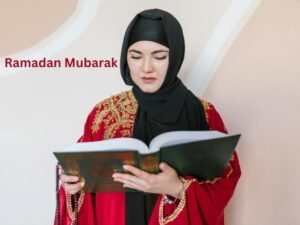
“No one will reap except what they sow.” -Quran 6:164
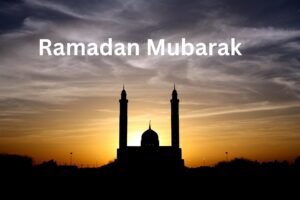
“For indeed, with hardship ease.” -Quran 94:5
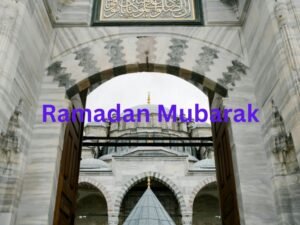
“Allah is with the doers of good.” –Quran 29:69

“Allah is with those who have patience.” -Quran 2:153

“Before going to sleep every night, forgive everyone and sleep with a clean heart.” –Anonymous
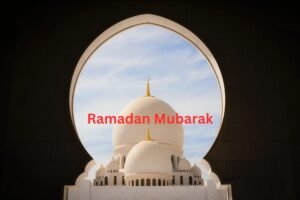
“The heart that beats for Allah is always a stranger among the hearts that beat for the Dunya (world).” –Anonymous
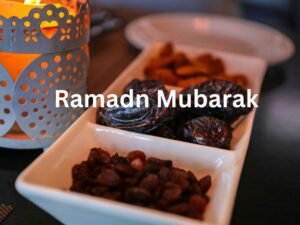
“Dua (supplication) has the power to turn your dreams into reality.” –Anonymous





